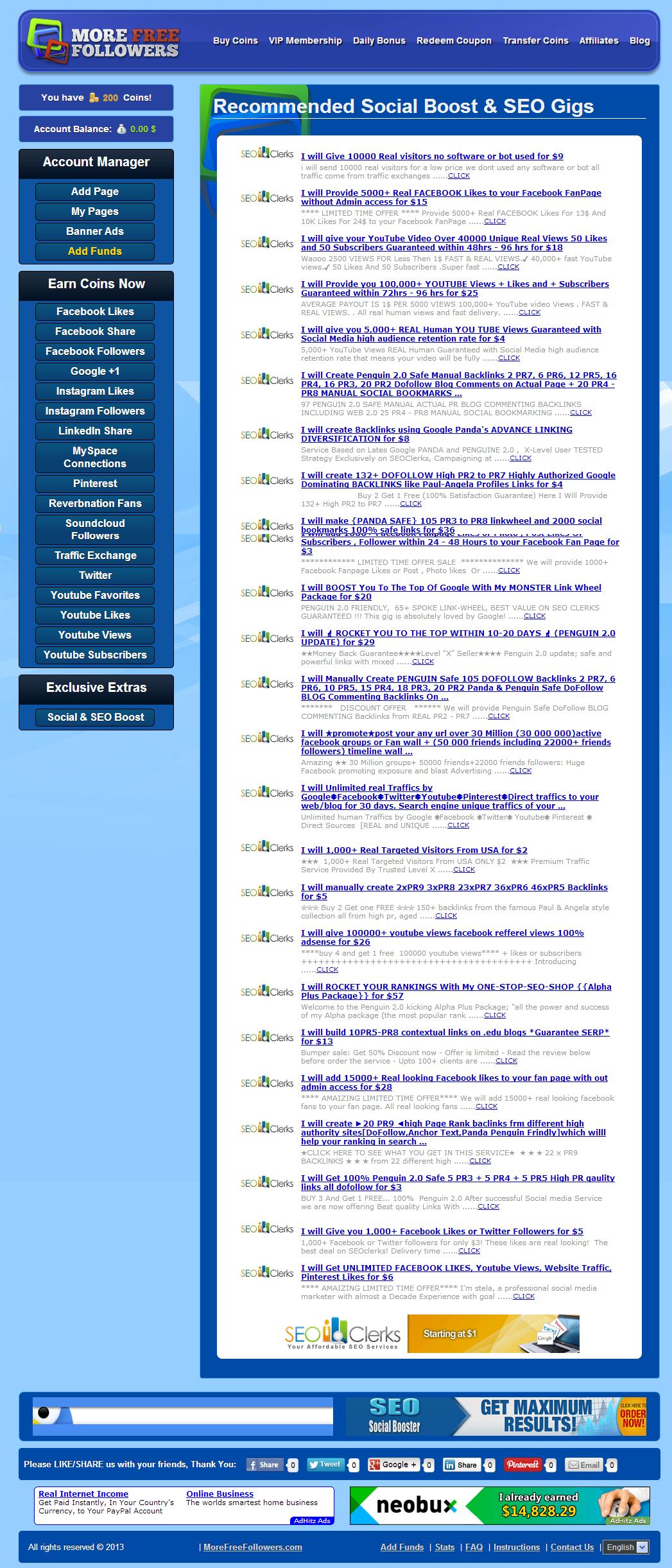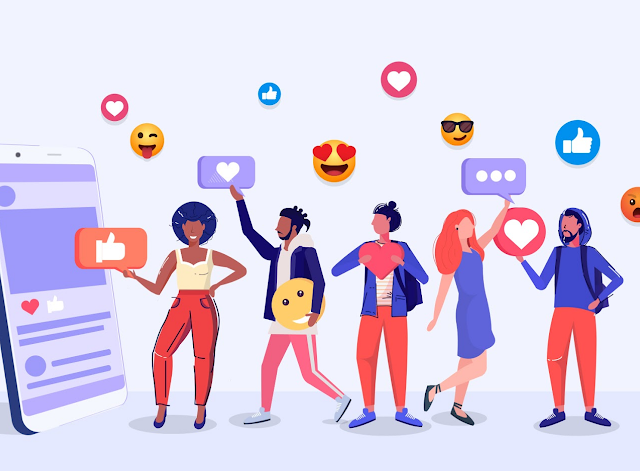
The argument that many make to justify purchasing fake followers is that the practice actually leads to more organic followers. So if thousands of people are scooping up fake followers, then it must have its benefits, right? Paying for followers is a widespread act, and while purchasing followers is against most social networks’ terms of use, it is legal to do so, and thousands of accounts are doing it. The number of people and brands buying fake social media followers is growing. This is because, as long as agents also have access to unbiased sources of information, threshold rules actually limit the influence of bots.Would you be shocked to learn that half of Justin Beiber and Lady Gaga’s fans are fake? And more importantly, would you care? For the vast majority of us, the answer is no. Finally, we show that threshold rules tend to reduce polarization and misinformation.

When one bot is more influential than the other (asymmetric centrality), polarization is reduced but misinformation grows, as opinions become closer the more influential bot's preferred point. Higher bot centrality typically increases polarization and lowers misinformation. A key insight is that significant misinformation and polarization arise in networks in which only 15% of agents believe fake news to be true, indicating that network externality effects are quantitatively important. To that end, we construct a synthetic network calibrated to Twitter and simulate the information exchange process over a long horizon to quantify the bots' ability to spread fake news. We characterize how agents' opinions evolve over time and evaluate the determinants of long-run misinformation and polarization in the network. Key to the analysis is the presence of internet bots: agents in the network that spread fake news (e.g., a constant flow of biased information). For that, we analyze a dynamic model of opinion exchange in which individuals have imperfect information about the true state of the world and exhibit bounded rationality. We study how the structure of social media networks and the presence of fake news affects the degree of misinformation and polarization in a society. Transportation Economics in the 21st Century.Training Program in Aging and Health Economics.The Roybal Center for Behavior Change in Health.



Improving Health Outcomes for an Aging Population.Early Indicators of Later Work Levels, Disease and Death.Conference on Research in Income and Wealth.Boosting Grant Applications from Faculty at MSIs.Productivity, Innovation, and Entrepreneurship.International Finance and Macroeconomics.


 0 kommentar(er)
0 kommentar(er)
